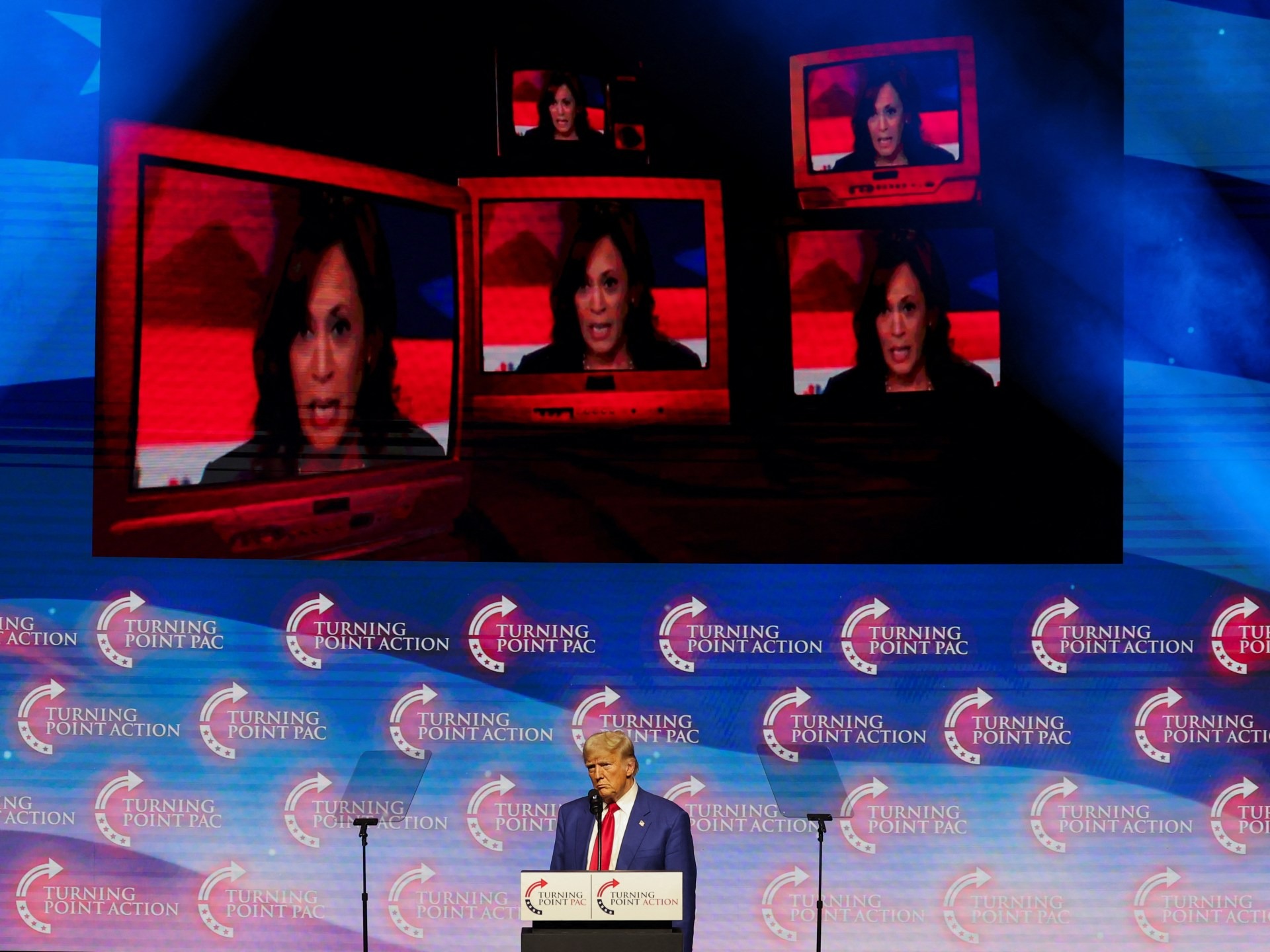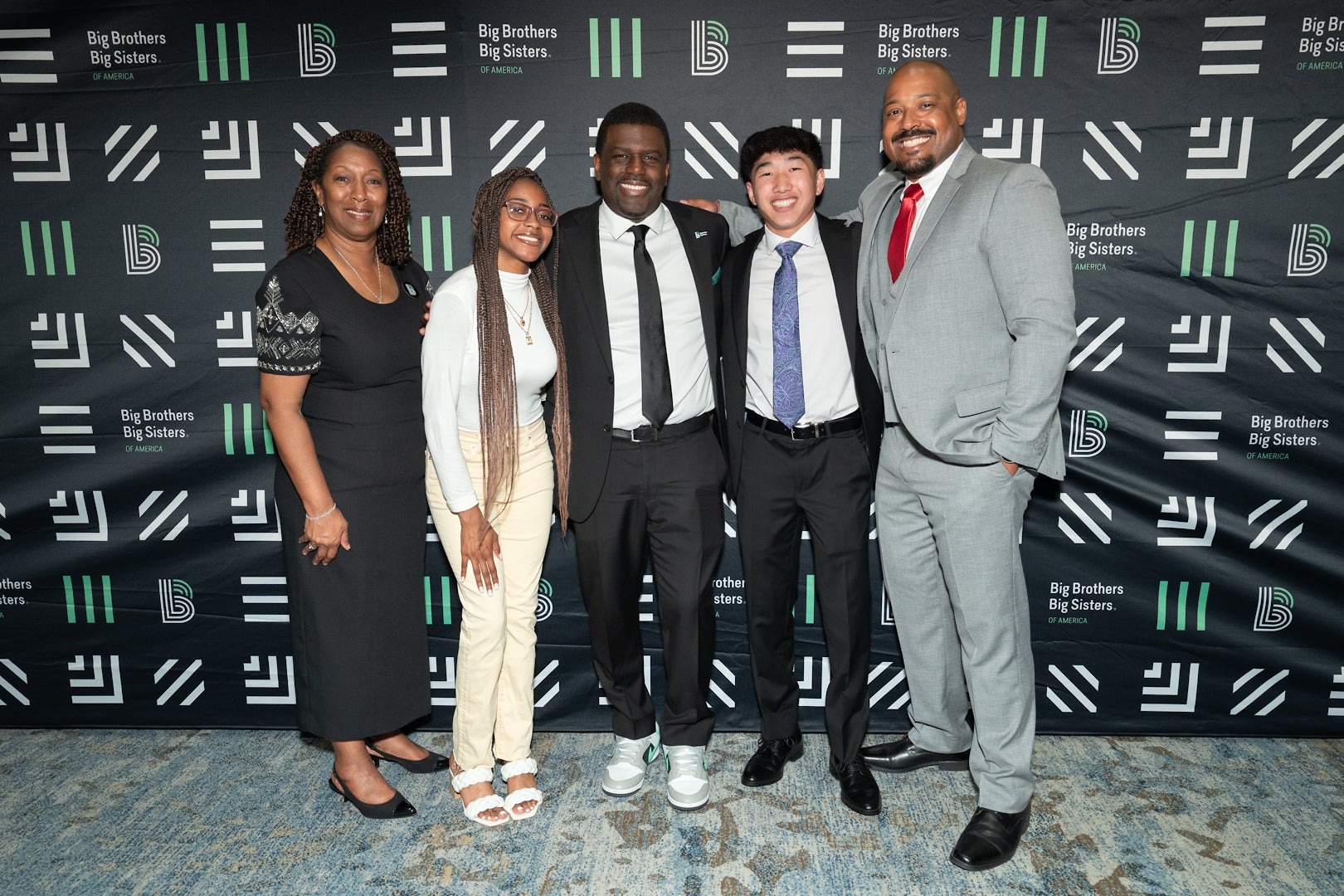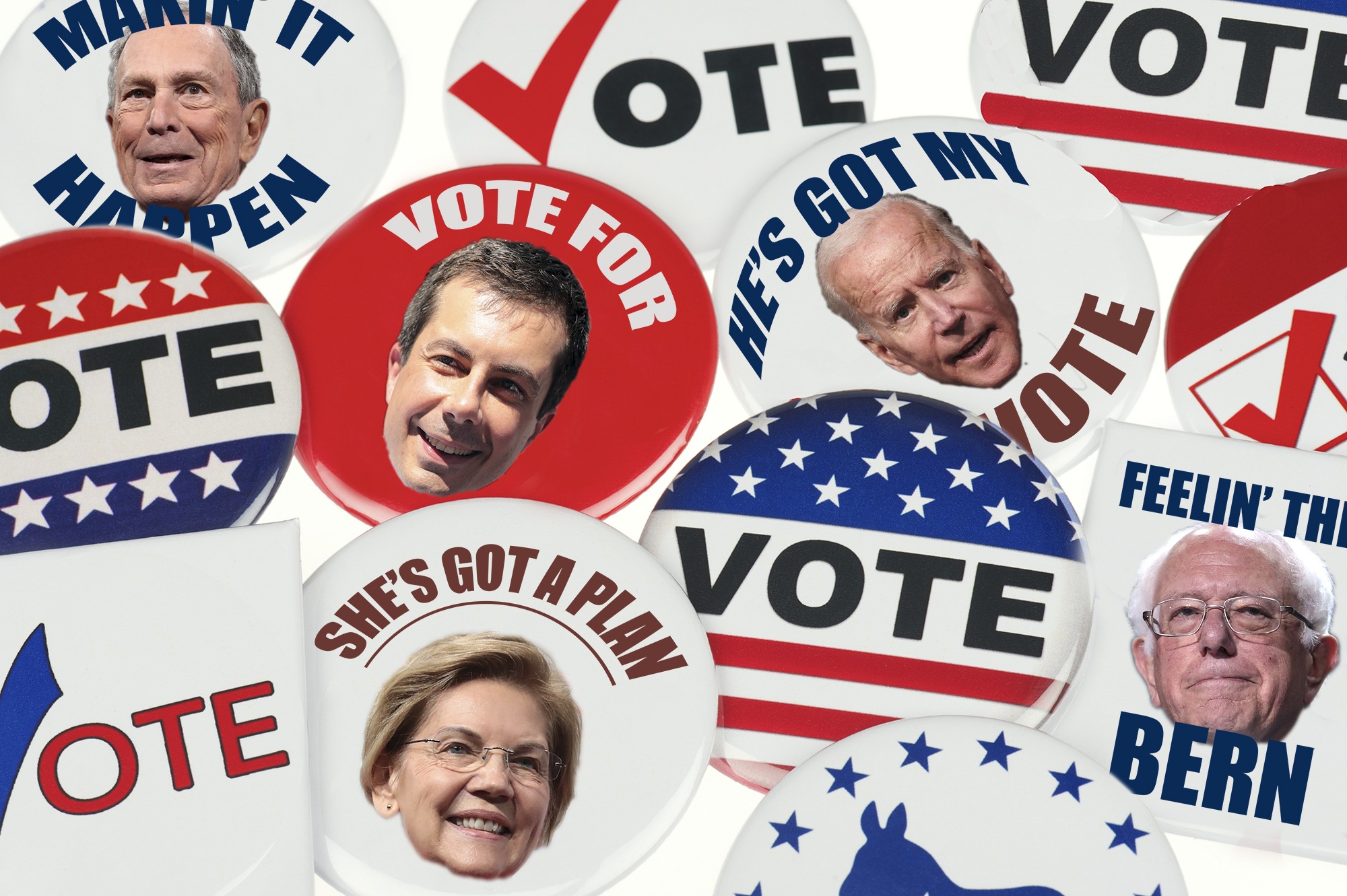Political endorsements have long played a strong role in shaping public opinion during election periods. When a well-known figure, organisation, or former officeholder gives public support to a candidate, it tends to influence voters either positively or negatively.
This form of public backing can create momentum for candidates, especially when it comes from individuals or groups with a strong following. While some citizens already have strong party loyalty, others rely on these signals when making choices, especially in situations where the political space feels crowded or unclear.
Endorsements serve different purposes depending on who is giving them and who is receiving the support. For some voters, the presence of a respected voice backing a particular aspirant serves as confirmation of that aspirant’s credibility.

For others, it may push them to examine the candidate more closely. Whether the endorsement is from a religious leader, a traditional ruler, a labour union, or even a celebrity, the intention is usually the same — to shape opinions and rally support.
In modern politics, where public perception matters just as much as policy, these declarations of support can strengthen a campaign, especially when timing and public mood align well.
The effectiveness of an endorsement is also affected by how the public feels about the person or group giving it. If the endorser enjoys wide acceptance, their support might carry weight. However, if their reputation has been tainted, the endorsement could have the opposite effect.
Historical Influence of Endorsements
Across many democratic settings, political endorsements have carried weight, especially during crucial elections. In the United States, for instance, the endorsement of a sitting president or a former leader is usually seen as a strong signal.
Many American candidates have gained recognition through the backing of party elders or past presidents. In Nigeria, the story is similar. Former leaders, powerful governors, or even local kings have been known to declare support for a candidate and swing attention in that direction.
One of the most talked-about endorsements in Nigeria came during the 2015 elections, when former President Olusegun Obasanjo voiced support for the opposition party’s candidate. That move gave strength to the opposition and made many Nigerians reconsider their voting decisions.
In some cases, the sheer media coverage of such a move can redirect focus, especially in a tight race. When a known political heavyweight move loyalty or throws weight behind a less popular contender, it can draw public interest, reframe debates, and challenge assumptions.
How Endorsements Impact Campaigns
Candidates who receive endorsements from influential people or groups often use them as tools to boost their campaign visibility. These endorsements are usually highlighted in campaign materials, speeches, and media interviews.
The idea is to send a message that someone with experience or credibility believes in the candidate’s mission. Sometimes, this backing can result in improved fundraising opportunities, especially when it comes from individuals or institutions with strong connections.
Campaigns are often quick to publicise these gestures of support because they help in shaping public impressions. When an endorsement comes early in the campaign, it can serve as a strong starting point, giving the candidate a head-start in public debates. If the support arrives closer to election day, it might serve as a reminder to undecided voters. In both cases, the timing and reputation of the endorser play a key role.
However, endorsements are not automatic tickets to victory. Voters are becoming more discerning, and they often look beyond names and titles. A candidate must still have a clear message, strong organisation, and a way to connect with the people directly. Endorsements can assist, but they cannot replace a strong ground game.
The Role of Celebrity Influence
In recent times, entertainers, athletes, and social media figures have joined the group of people whose political opinions carry weight. A celebrity’s endorsement might reach a group of citizens who do not pay much attention to traditional political discussions. For many young voters, what a favourite actor, musician, or influencer says can help shape their opinions, even when the celebrity lacks deep political understanding.
This influence has led many political candidates to seek out partnerships or public displays of support from such figures. Whether it is attending campaign rallies, speaking on behalf of candidates, or posting messages online, celebrities are often seen as useful allies in the effort to reach large numbers of people quickly. However, critics often question whether these figures understand the full weight of their involvement, especially when the stakes are high.
Faith Leaders and Traditional Institutions
Religious figures and traditional leaders also play a strong role in political decisions. In a country like Nigeria where religious identity and traditional values influence daily life, an endorsement from a respected imam, pastor, or monarch can change conversations and even alter political arrangements. Many voters trust these leaders and believe they have the wisdom to guide them toward better choices.
During election periods, some religious organisations even go as far as organising prayers or special services to show their support for one candidate over another. Others may offer subtle support by allowing candidates to speak during events or by making comments that clearly show preference. These actions are powerful in communities where religious and traditional leaders are viewed as guardians of public trust.
Risks Attached to Endorsements
While endorsements can bring attention and legitimacy, they also carry risks. If the person giving the endorsement becomes caught in a scandal or loses public trust, the candidate may suffer from being associated with them. This is why some politicians prefer to stay neutral or delay public declarations of support until the picture becomes clearer.

Another issue is the possibility of overreliance on endorsements. Some candidates may feel that the presence of powerful supporters is enough to guarantee success. This approach often leads to disappointment when the general public does not respond as expected. Voters today are more connected and informed. They question motives and seek personal conviction rather than blindly following any single figure.
Endorsements in the Social Media Age
The way endorsements are received has changed with the rise of social media. What used to be a press conference or a newspaper headline is now a tweet, a Facebook post, or an Instagram video. These platforms have made it easier for endorsements to spread quickly and reach more people. They also provide space for opposing views and immediate feedback.
A candidate may receive praise and criticism at the same time, depending on who sees and shares the message. While this opens up room for wider engagement, it also means that endorsement messages must be handled with care. Any mistake or poor framing can lead to public backlash and reduce the value of the endorsement.
Political endorsements continue to play a key part in shaping the direction of campaigns, building public awareness, and sometimes, tilting the scales in tight contests. Whether coming from seasoned politicians, cultural leaders, religious authorities, or popular celebrities, these gestures of support still matter.
However, candidates and voters alike are learning to treat them with a balance of respect and caution, especially in a period where opinions change quickly and people want more than names to decide their future.









Leave a Reply